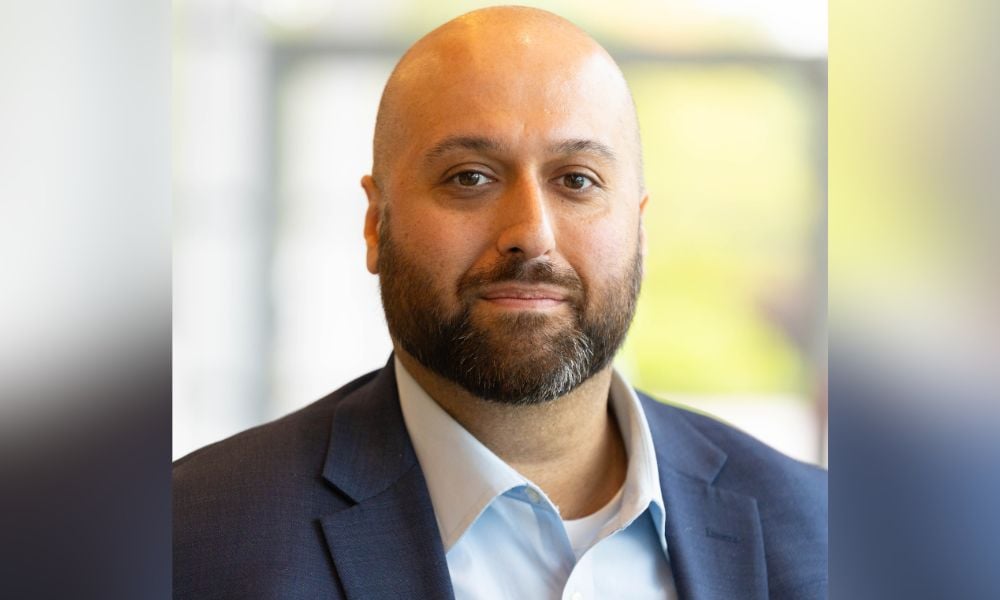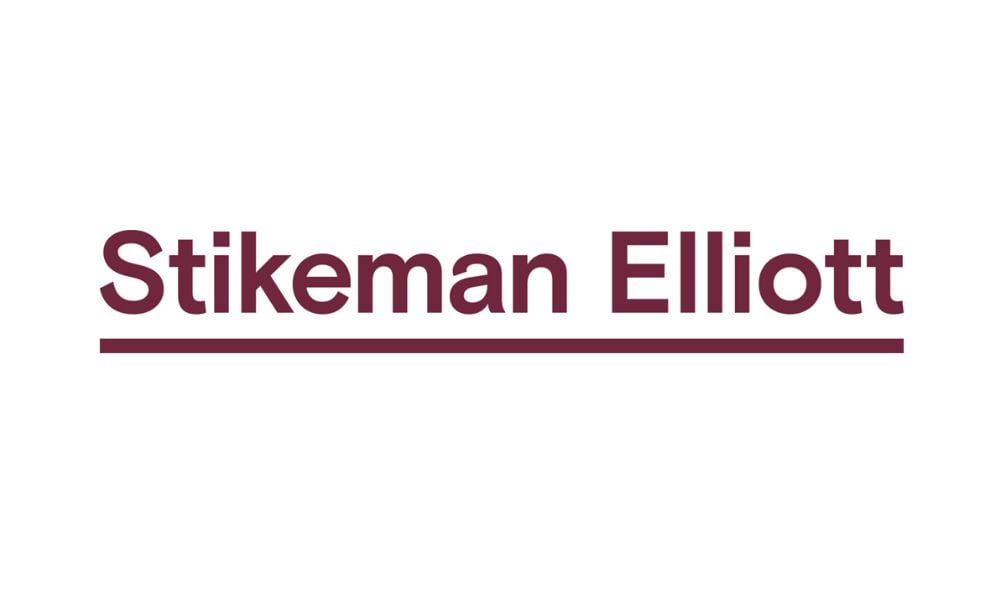Manik Raina, vice president of legal services at EllisDon, is part of a large legal team tasked with navigating the complexities of the construction industry. Speaking to Lexpert, he says that the team provides support for the company's diverse projects, ranging from front-end transactional work like contract reviews and procurement issues to claims management and dispute resolution.
“We're a group of 11 lawyers now – and we have insurance claims under our group as well. Being a VP in the group, my role is to lead the legal support for our company’s pursuit of large-scale public infrastructure projects.”
These projects often come under the banner of public-private partnerships (P3s), a model that has been central to EllisDon's portfolio. However, the landscape is evolving.
"There has been a bit of a shift in the procurement of public infrastructure where we’re starting to see other procurement and contractual models issued to the market that aren't the traditional P3 contractual structure," Raina adds.
The shift includes the introduction of more collaborative contracting models from Australia and the UK, such as Alliance contracting and progressive design-builds. These models are becoming more prominent as alternatives to the traditional P3 approach, particularly in the procurement of large-scale hospitals and transit projects.
"We’re starting to see more collaborative contracting models that originate from Australia and the UK making their way to Canada," Raina says. "Some of the Alliance contracting projects becoming more prominent in Western Canada, progressive design builds – these are some of the new models that are that are coming out to market as an alternative to the traditional P3 model."
When asked about the key legal challenges in his role, Raina highlights the increasing complexity of these projects.
“One of the biggest challenges, especially in the public infrastructure space, is these projects are becoming massive," he says. “These projects are very resource intensive – and we're operating in a market where the best labour is in demand. There's just not enough in supply to support all of these complex projects.”
Raina also discusses the impact of recent global events on the construction industry.
“We're coming out of a pandemic that threw the world for a loop – the construction industry was no different, facing significant challenges with, among other things, labour, global supply chain and scheduling in general. There’s definitely heightened sensitivity to some of these risks that have traditionally been taken on by the contractor on public infrastructure projects, especially as these projects become more and more complex, and as the world changes.”
And, in terms of procurement process evolution, Raina sees a trend towards more due diligence and collaboration between contractors and public clients.
"We're starting to see some of these collaborative models come into play to address some of these issues faced by complex projects by attempting to encourage the private sector contractor working closely with public clients in terms of doing more due diligence around the project and creating prolonged dialogue around risk transfer.
“I think the important thing that the industry has learned and continues to learn is there's no one right model that'll solve all the problems involved with a project or is the perfect solution. It's important to pick the contracting model that is most suitable for the needs of the project, but beyond that, despite whatever contracting model is chosen, if you have the parties working together with the right attitudes, you can make any contracting model work for the success of the project."
On the topic of innovation and risk management, particularly with technology, Raina emphasizes EllisDon's commitment to staying ahead.
“We’re an innovative company, maintaining our entrepreneurial values," he says. EllisDon Legal has embraced AI tools like Provision, which aids in contract analysis and collaboration across departments. "It's a helpful contract analysis tool that really encourages collaboration and engagement across departments, especially important when pursuing these large-scale infrastructure projects.”
However, Raina also warns against over-reliance on technology.
"It's always a danger, especially in legal, of having these types of tools become a bit of a crutch... they shouldn’t be a substitute for a lawyer or other commercial risk managers doing the analysis themselves," he says.
Because, while these tools are extremely helpful, they cannot replace the nuanced understanding that human expertise brings to complex legal and contractual issues.
“They’re not a substitute for the human brain that can analyze these documents, process the nuances and intricacies, and then properly apply that analysis to a practical situation such as a complex construction problem or project.”





